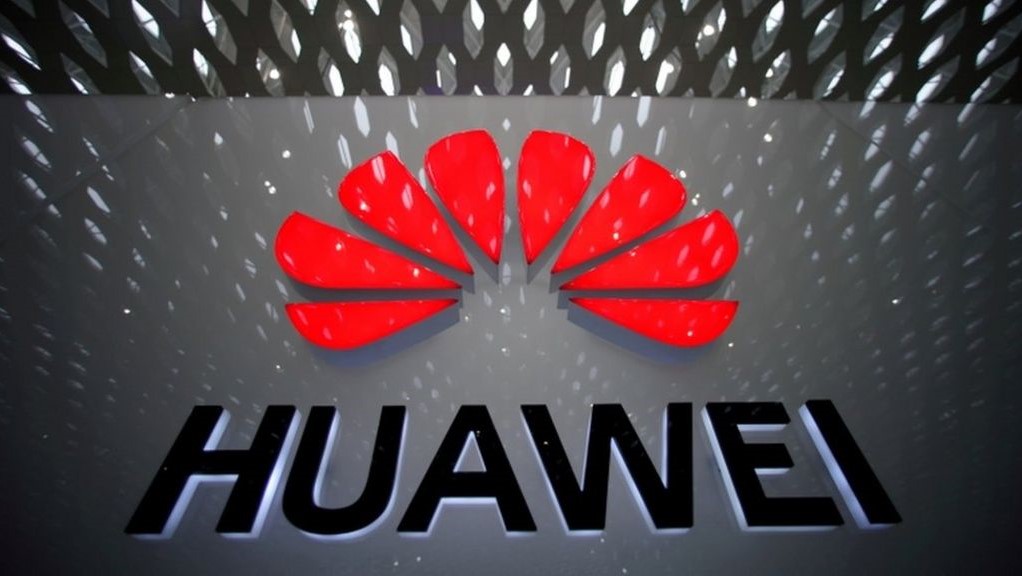Huawei wants to make electric cars and it's not surprising at all

Over the last couple of years, the US ban has put a stranglehold on the Chinese company Huawei. Not only its supplies were cut off, but Huawei also had to sell off its sub-brand Honor to rescue its business. Ever since then there were rumours around Huawei’s future as well.
Apart from smartphones, the company already sells audio equipment, TVs, laptops, networking equipment etc. and now it seems that the company is looking to diversify its line up by adding electric vehicles to its kitty.
According to a Reuters report Huawei is in talks with multiple automobile manufacturers in China to help build its car. The report suggests that Huawei may launch several electric cars and “some models” may launch as early as later this year.
- Foxconn plans to launch its first set of EVs by the end of this year
- Xiaomi says no electric car launch for now - but things may change in the future
- The Apple Car isn't just alive, it may launch as early as 2021
The report states that the company has already started working towards the designs and is approaching state-owned carmakers like Changan Automobile and BAIC Group’s BluePark New Energy Technology etc. It has been reported that Huawei’s head of Huawei’s consumer business group, Richard Yu, will now shift his focus towards mass-market electric vehicles.
If Huawei announces its plans to make electric cars, it will not be the only Chinese company to do so. Recently, Baidu announced that it will launch electric cars while Apple’s Taiwanese contract manufacturer Foxconn has also revealed that it will introduce a couple of electric cars and an electric bus to the market later this year.
Another smartphone maker Xiaomi had earlier quashed the rumours around it working on electric cars. Xiaomi said that even though it has conducted market surveys, it is not currently working on an EV.
EVs make sense for Huawei
With the stranglehold placed by the US government, Huawei had to do something out of the box to remain in the businesses. Without chipsets, the company can neither make phones nor computers. Further, it is not even allowed to build 5G infrastructure in various countries.
Sign up for breaking news, reviews, opinion, top tech deals, and more.
The electric vehicle market in China has been growing since the last few years and the pollution in various cities has forced the government to promote the adoption of EVs.
Hence diversifying into a new business that doesn't have a dependence on the US for chips and technology will not only help Huawei remain afloat but also offers it a scope to become a market leader in the industry that will have lions share of revenue in the coming years.
After the US ban, the company has been building its operating system from the ground up. This new OS known as Harmony OS will be a core part of the ecosystem that Huawei wants to build around its electric cars.
The company has been reportedly developing a range of products just for an electric car but did not have its car till now. It has already built an operating system for cars, various sensors and even 5G communication hardware. Needless to say, Huawei will be able to customize them according to the requirements.
Huawei has always denied the plans of producing electric cars and has maintained that it aims to help OEMs to build better vehicles. Yet it has been actively engineering for auto-related technologies since 2018 and has just been awarded a few patents related to EVs this week.
Apart from Huawei, even Apple has been reportedly in talks with various car makers worldwide to help develop its car.
- Starlink in India: Launch date, Pre-book, Plans, Charges and more
Get up close with consumer tech news that you can use, latest reviews and buying guides. Follow TechRadar India on Twitter, Facebook and Instagram!

Jitendra has been working in the Internet Industry for the last 7 years now and has written about a wide range of topics including gadgets, smartphones, reviews, games, software, apps, deep tech, AI, and consumer electronics.